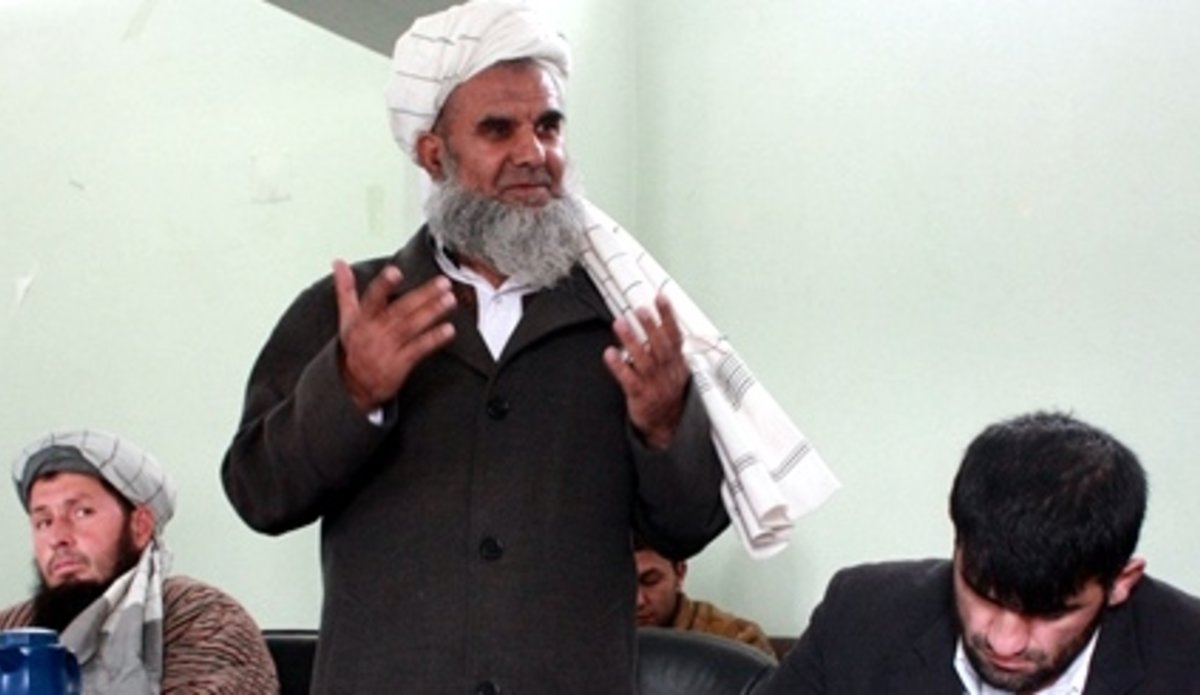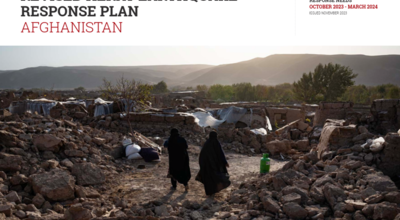Religious leaders call for eliminating violence against women
BADGHIS - Participants at a UNAMA-backed seminar in Afghanistan’s western province of Badghis focused on the important role of the country’s religious leaders in the elimination of violence against women.
Organized by UNAMA’s regional office in Herat, the seminar was set up not only to provide a platform for religious leaders to speak about women’s rights but also to bring other influential leaders together to discuss ways to improve women’s access to justice mechanisms.
Some 50 participants, including journalists, civil society activists, government officials and religious leaders, spoke at the seminar. “We should not underestimate the role religious scholars can play in eliminating violence against women,” said the Chief Prosecutor of Badghis province, Qaus Mohammad Rahoti.
Moulavi Abobakar Aliza, a prominent religious leader in Badghis, emphasized the need for sending positive messages about women’s rights in Friday sermons. Other participants highlighted the need to strengthen rule of law institutions consistent with the Elimination of Violence against Women (EVAW) legislation, which criminalizes 22 acts of violence, including forced marriages, domestic violence, trafficking, and forced self-immolation.
A UNAMA report released in April this year focused on Afghan women’s access to justice mechanisms, and identified the challenges remaining in eliminating violence against women in the country. The report indicates that the majority of the cases of violence against women are settled through mediation, with only five per cent resulting in criminal prosecution.
UNAMA is mandated to support the Afghan Government and relevant international and local non-governmental organizations to assist in the full implementation of the fundamental freedoms and human rights provisions of the Afghan Constitution and international treaties to which Afghanistan is a State party, in particular those regarding the full enjoyment by women of their human rights.
 UN
UN








